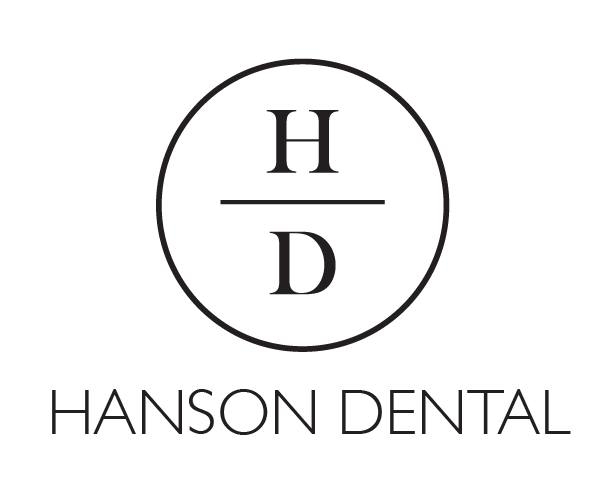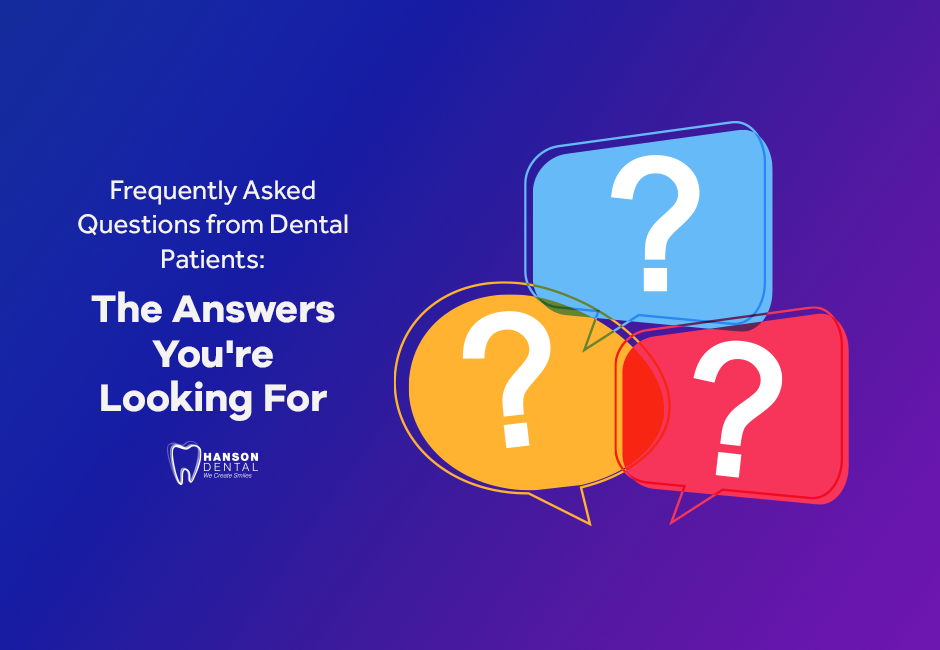Dental health is an important part of our overall health and well-being. It’s crucial to have a good understanding of the basics of dental care in order to maintain healthy teeth and gums for a lifetime. In this blog post, we will answer some of the most common questions from dental patients. We’ll provide information on dental implants, cosmetic dentistry, and other topics related to oral health. If you have any additional questions, please don’t hesitate to contact us.
1. How often should I get my teeth cleaned and what does that involve?
Dentists will typically recommend that you get your teeth cleaned every six months. During a routine cleaning, your dentist or hygienist will remove plaque and tartar from your teeth, as well as any stains that may have built up over time. They will then polish your teeth and floss between them. Routine cleaning is an important part of maintaining good oral health, as it helps to prevent cavities and gum disease.
2. What causes bad breath, and how can I prevent it from happening?
Bad breath, also known as halitosis, can be embarrassing and frustrating. It can cause social anxiety and make it difficult to interact confidently with others. Luckily, there are a few things you can do to prevent bad breath. The most common cause of bad breath is bacteria that build up on the tongue. These bacteria release foul-smelling compounds that can cause an unpleasant odor. To prevent this from happening, it’s important to brush your tongue regularly. You can also use a tongue scraper to remove bacteria and food particles. In addition, be sure to brush your teeth twice a day to remove plaque and prevent gum disease, and floss one time per day. If you’re still struggling with bad breath, be sure to see your dentist for an evaluation.
Some foods and drinks, such as garlic and coffee, can also cause bad breath. To reduce the odor, try drinking water after eating or drinking these foods.
3. Why are my gums bleeding, and what can I do to stop it from happening again?
If you notice that your gums are bleeding, it’s important to see a dentist as soon as possible. Bleeding gums can be a sign of gum disease, which is a serious condition that can lead to tooth loss. Luckily, there are a number of things that you can do to prevent gum disease and keep your gums healthy. First, be sure to brush and floss your teeth regularly. This will help to remove plaque from your teeth and gums. Second, try to use a soft toothbrush, and be careful not to “scrub” your teeth while brushing. Finally, see your dentist for regular check-ups. They will be able to detect any early signs of gum disease and recommend treatment options.
4. What is the difference between a dentist and a dental hygienist, and which one should I see for regular care?
Dentists and dental hygienists are both important members of the dental team. Dentists are responsible for diagnosing and treating oral health problems, while dental hygienists assist in providing preventive care and clean teeth. Both dentists and dental hygienists receive extensive training in oral health, but dentists have additional years of education in dental school, as well as a residency. As a result, dentists are able to provide more complex care than dental hygienists. However, both dentists and dental hygienists are licensed to perform routine teeth cleanings and other preventive services.
5. Is there anything I can do at home to improve my oral health on my own?
There are many things that you can do at home to improve your oral health. First, it is important to brush your teeth twice a day with a toothbrush and toothpaste that contains fluoride. Fluoride helps to prevent cavities and can also reverse early signs of tooth decay. In addition, flossing daily is also important in order to remove plaque and bacteria from between your teeth. Finally, visiting your dentist regularly for check-ups and cleanings is also essential in order to maintain good oral health. By following these simple tips, you can help to keep your mouth healthy and free of cavities and other problems.
6. How do I know if I need braces or Invisalign® treatment?
Many people are unhappy with the alignment of their teeth, but they are not sure if they need braces or Invisalign® treatment. The best way to determine if you need treatment is to consult with a dentist or orthodontist. They will be able to assess your teeth and bite, and determine if you would benefit from braces or Invisalign®. In general, braces are recommended for people with more severe misalignment issues, while Invisalign® is a good option for those with milder issues. However, only a dentist or orthodontist can give you a definitive answer about which treatment is right for you.
7. How often should I floss my teeth?
Many people brush their teeth regularly, but often overlook the importance of flossing. While brushing removes plaque and food particles from the surface of the teeth, flossing is the only way to remove plaque and particles from between the teeth. For optimal dental health, the American Dental Association recommends that people floss at least once a day. However, some dentists suggest that people floss even more frequently, especially if they eat a lot of sugary or sticky foods. In general, it is best to listen to your dentist’s recommendations on how often to floss your teeth. By taking this simple step, you can help to keep your teeth healthy and prevent cavities.
8. What are dental implants?
Dental implants are a popular and effective way to replace missing teeth. The implant itself is a small metal post that is surgically implanted into the jawbone. Once the implant has healed, a dentist can then attach a replacement tooth (or teeth) to the post. Dental implants are strong and durable, and they can last for many years with proper care. In addition, dental implants look and function just like natural teeth.
9. I have some tooth sensitivity. Is there anything I can do about this?
Tooth sensitivity is a common oral health problem that can be caused by a number of factors. If you are experiencing tooth sensitivity, there are a few things you can do to help find relief. First, it is important to see your dentist to rule out any underlying dental problems. Once any dental problems have been ruled out, your dentist may suggest using a toothpaste for sensitive teeth. There are many different brands of toothpaste for sensitive teeth on the market, so be sure to ask your dentist for a recommendation. You may also want to avoid foods and drinks that are known to trigger tooth sensitivity, such as very cold or hot foods and drinks, acidic foods and drinks, and sugary foods and drinks. By following these simple tips, you can help to reduce your tooth sensitivity and find relief from the discomfort.
10. Can I really diminish lines and wrinkles with a visit to the dentist?
In short, the answer is yes! You can diminish lines and wrinkles with a visit to the dentist. Botox is a popular treatment option that many people use to achieve this goal. While Botox is most commonly associated with cosmetic procedures, it can also be used for therapeutic purposes. When injected into the facial muscles, Botox blocks the nerve signals that cause muscle contractions. This can help to reduce the appearance of fine lines and wrinkles, giving the face a more youthful appearance. However, it is important to consult with a qualified medical professional before undergoing any type of botox treatment.
It’s not always easy to maintain dental health, but it is worth the effort. You can start by talking with your dentist about any questions you have about dental care. By arming yourself with knowledge about oral health, you can take the necessary steps to keep your teeth healthy and your smile looking great. For more information on dental health, give us a call today!
Image credit: danijelala / iStock / Getty Images Plus

